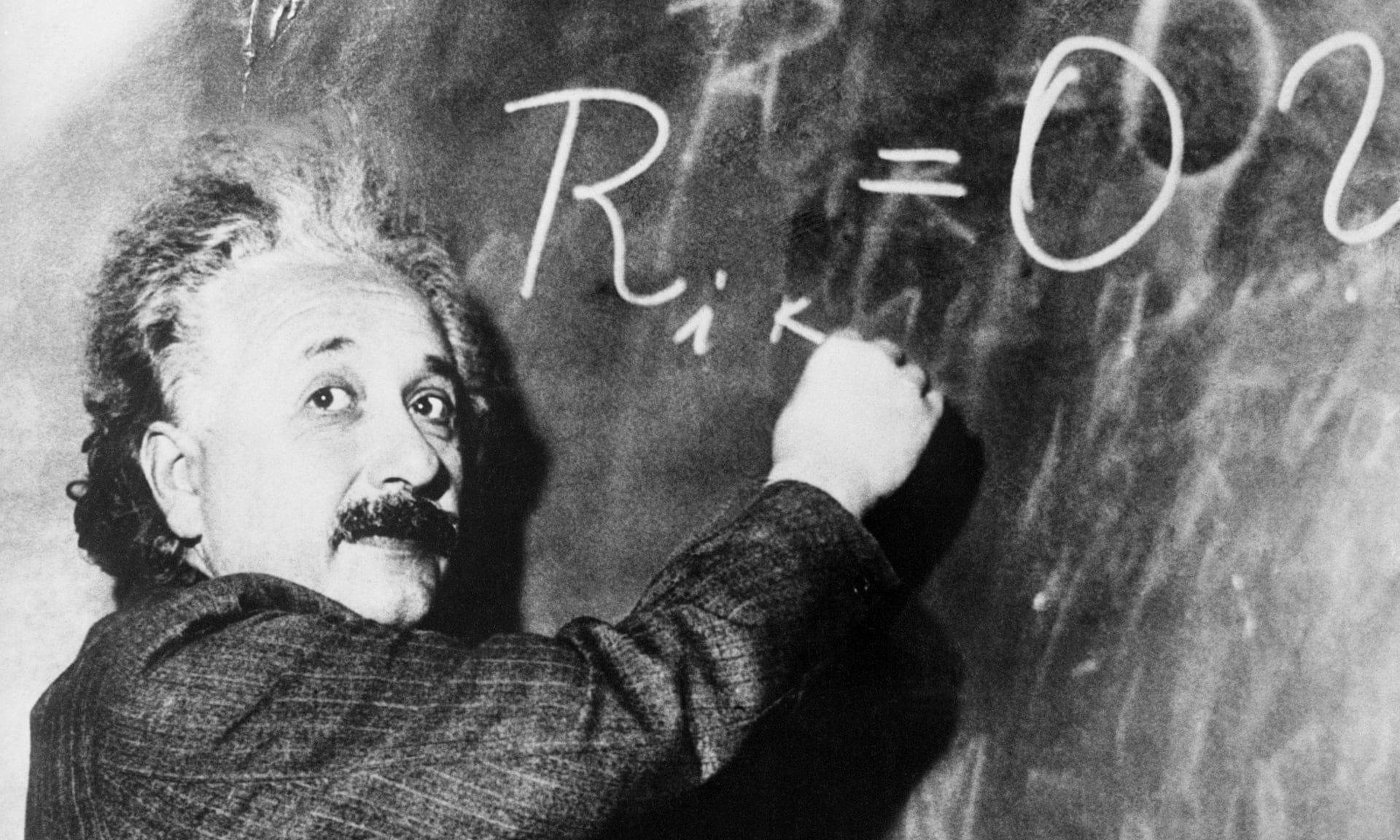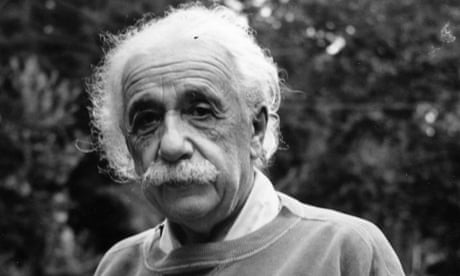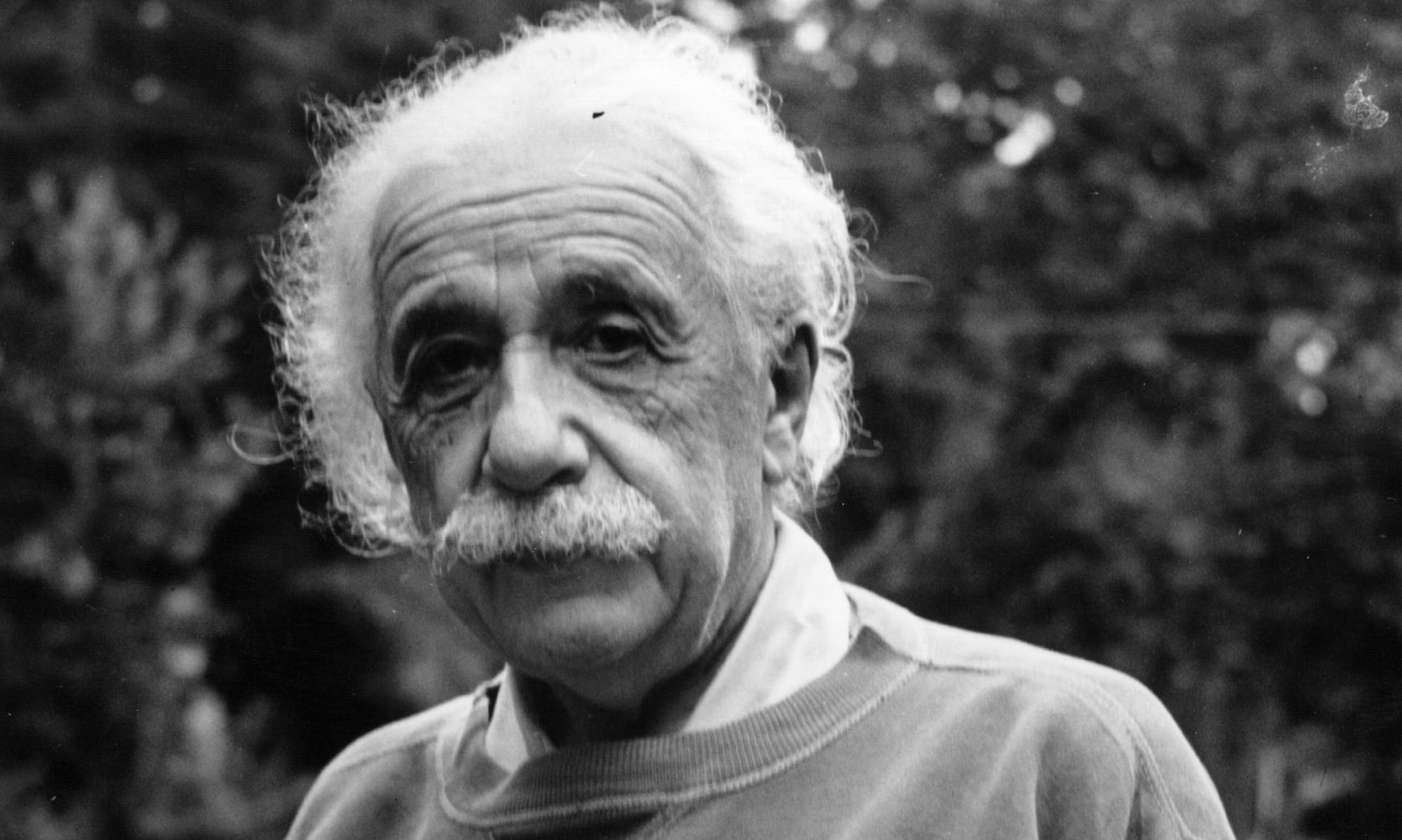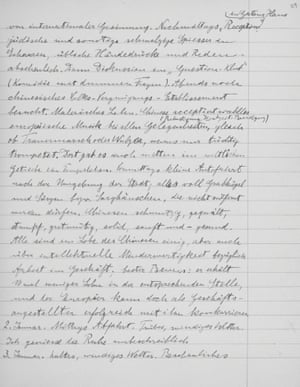BY JASON LEMON
With the widely reported news this week of Albert Einstein’s harsh comments against the Chinese, some in the East Asian nation have actually come out in defense of the legendary physicist.
Published by Princeton University Press, The Travel Diaries of Albert Einstein: The Far East, Palestine, and Spain, 1922-1923 is the first English printing of the intellectual’s writings from his trip to Asia.
 German-born American physicist Albert Einstein (1879-1955) referred to the Chinese as “industrious, filthy people.” He also said that the Chinese are a “peculiar herd-like nation… often more like automatons than people.”
German-born American physicist Albert Einstein (1879-1955) referred to the Chinese as “industrious, filthy people.” He also said that the Chinese are a “peculiar herd-like nation… often more like automatons than people.”
Among other critical comments, Einstein referred to the Chinese as “industrious, filthy people.”
Among other critical comments, Einstein referred to the Chinese as “industrious, filthy people.”
He also said that the Chinese are a “peculiar herd-like nation … often more like automatons than people.”
He argued that "it would be a pity if these Chinese supplant all races,” saying that such a thought “is unspeakably dreary.”
Einstein took issue with the fact that the Chinese he encountered on his trip “don’t sit on benches while eating but squat like Europeans do when they relieve themselves out in the leafy woods.”
Einstein took issue with the fact that the Chinese he encountered on his trip “don’t sit on benches while eating but squat like Europeans do when they relieve themselves out in the leafy woods.”
He also lamented that “even the children are spiritless and look obtuse,” and explained that he can’t understand how Chinese men find Chinese women attractive.
While some around the world expressed criticism of the iconic scientist's severe words, Chinese have actually jumped to defend Einstein.
While some around the world expressed criticism of the iconic scientist's severe words, Chinese have actually jumped to defend Einstein.
According to The Guardian, several users of China’s popular social media site Weibo voiced their support for the scientist and even gave credence to his views.
 German-born Swiss-US physicist Albert Einstein, author of the theory of relativity, declares his opposition to the 'H' bomb and to the arms race between the USA and the USSR in a conference 14 February 1950 in Princeton during a TV broadcast which created a considerable stir in the United States and all over the Western World.
German-born Swiss-US physicist Albert Einstein, author of the theory of relativity, declares his opposition to the 'H' bomb and to the arms race between the USA and the USSR in a conference 14 February 1950 in Princeton during a TV broadcast which created a considerable stir in the United States and all over the Western World.
One user wrote that when they see photos of that time period, they also perceive their ancestors as “dirty," the South China Morning Post reported.
The user said: “This is called insulting China? That’s ridiculous... Einstein depicted the true state of China.”
Some even compared Einstein’s writings to those of Lu Xun, who is considered "the father of modern Chinese literature."
Some even compared Einstein’s writings to those of Lu Xun, who is considered "the father of modern Chinese literature."
Xun is best known for his critical satire of Chinese society in the early 1900s.
As one user wrote, Chinese “praise” Xun for pointing out China’s historic disadvantages.
“Why should we blame Einstein for this?”
Xun was "a savage critic of traditional Chinese culture and revered European writers who were also social critics," Professor Mary Gallagher, the director of the Lieberthal-Rogel Center for Chinese Studies at the University of Michigan, told Newsweek.
Xun was "a savage critic of traditional Chinese culture and revered European writers who were also social critics," Professor Mary Gallagher, the director of the Lieberthal-Rogel Center for Chinese Studies at the University of Michigan, told Newsweek.
A sculpture of Chinese writer Lu Xun and a painting featuring Soviet leader Stalin and Chinese leader Mao Zedong, are displayed at an exhibition on Soviet painting titled 'The City of the Sun - Triumph of the Socialist Realism,' at the Three Gorges Museum October 22, 2006 in Chongqing Municipality, China.
The Chinese "are pointing out the perceived 'defects' of their culture that both Lu Xun and Einstein noticed," she explained.
According to Gallagher, history education in the country also portrays the period when Einstein visited "as China’s most humiliating period in the modern era."



